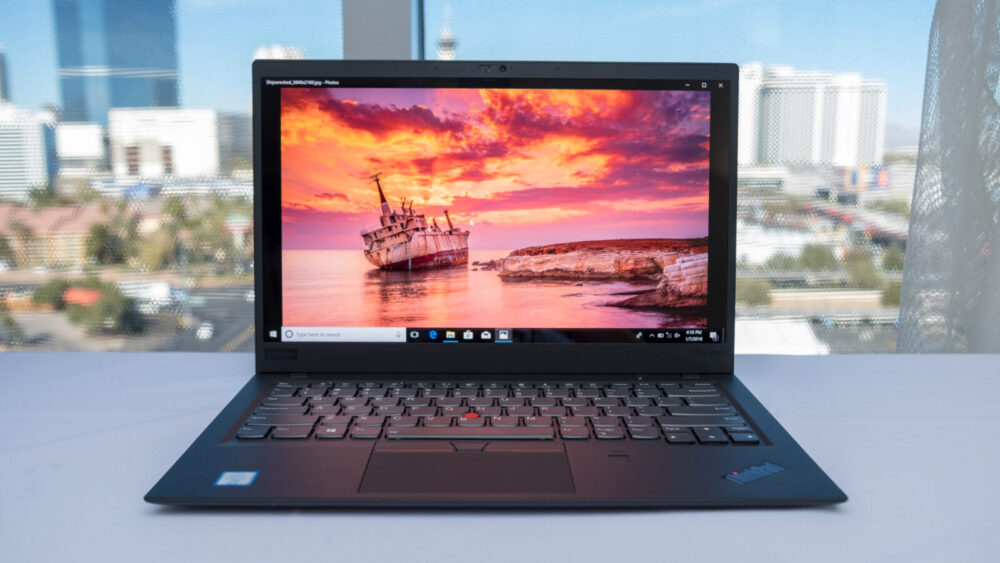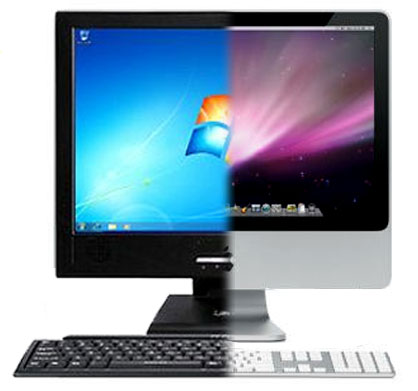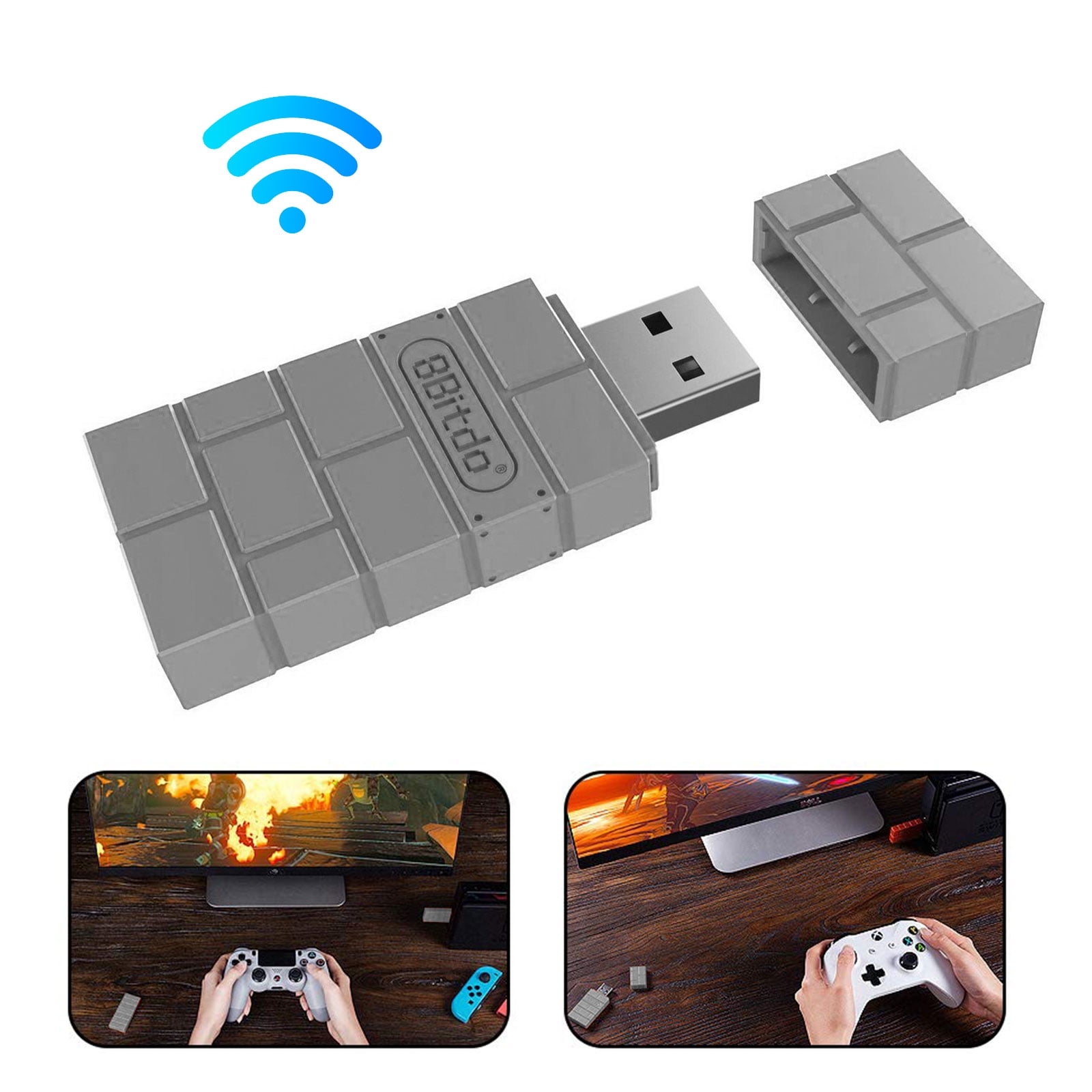
A huge advantage to switching over to Linux is that I am now familiar with Ubuntu. Ubuntu is available both in a client edition and a server edition. Ubuntu’s distribution of Linux is the most popular distribution for PC users. So I started to conduct research on software. The laptopĪfter installing the necessary software, I realized I had similar latency issues with my new PC. So I upgraded to a Lenovo Y50–70 PC with 16GB of RAM and a 512MB SSD hard drive. These tools include the Android Studio IDE and an Android simulator running on a Windows machine. I started looking closely at the OS when I noticed that the basic tools I was using did not allow me to make progress for latency. Android OS is also based on Linux.Īs a tech entrepreneur with more than 7 years of experience, I have to say that switching from Windows to Ubuntu has allowed me to become more productive. It’s used in embedded systems, smart home devices, IoT (Internet-of-things), and much more. Linux’s hard disk is considered a lightweight. Linux is free and has different distributions, for example Ubuntu, CentOS, and Debian.Įvery distribution has its pros and cons. Linux is Unix-like, which means it’s based on the same principles as other Unix-based systems.

Linux is an open-source operating system developed by the community. The Windows alternative I’m presenting here is Linux.

It allows you to perform many tasks easily and is updated regularly.īut if you’re a Windows user who has little experience with other operating systems, you may not be aware of all your options. I must admit that Windows is well designed and convenient. Aside from the Mac OS, they are not exposed to more alternatives.


By Ofir Chakon I switched from Windows to Linux.


 0 kommentar(er)
0 kommentar(er)
